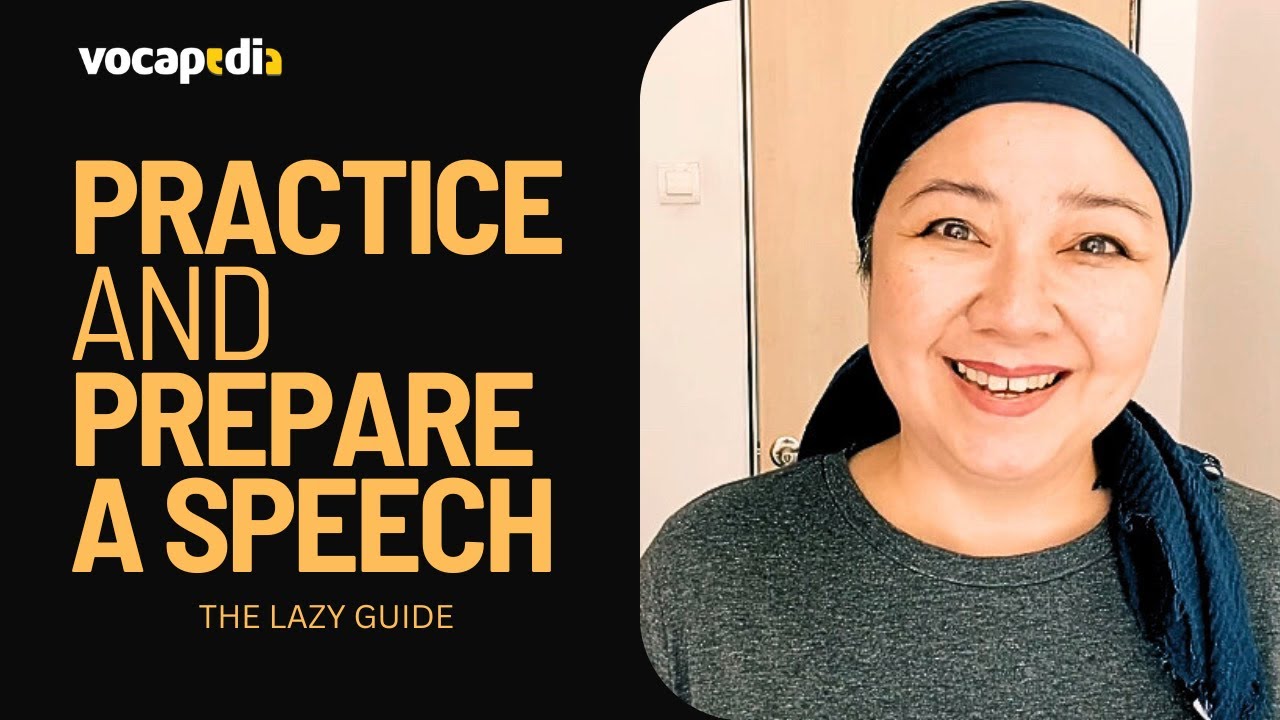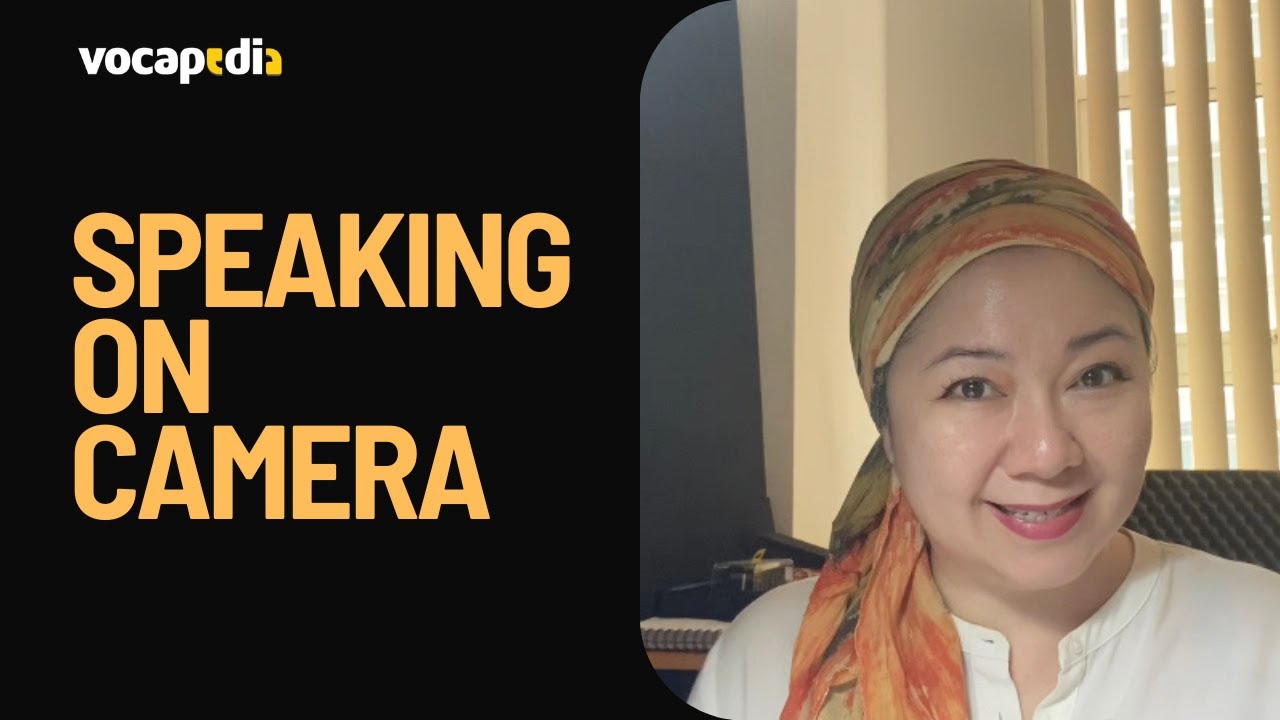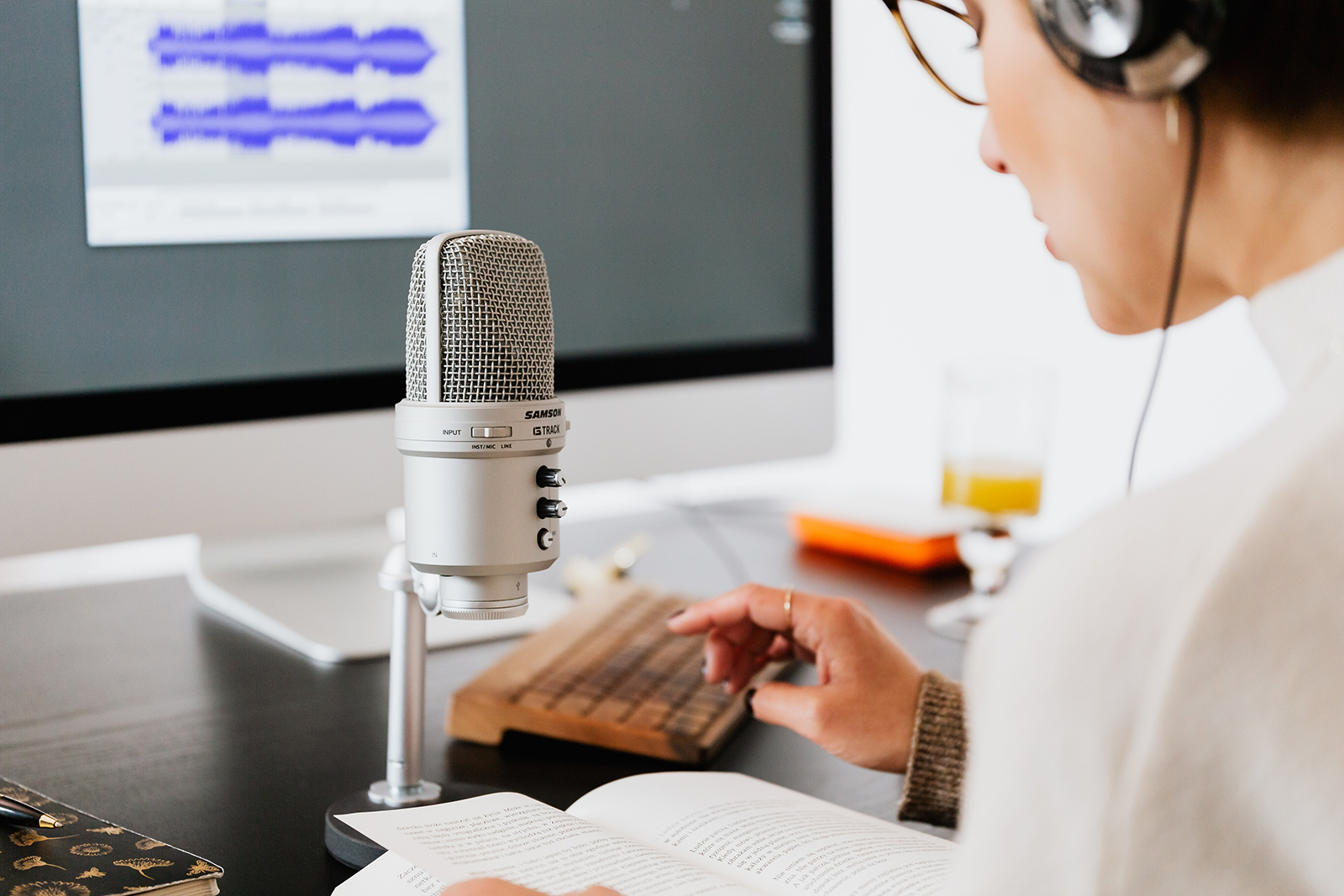Someone reached out to me and said that she was speaking like a train in her recent presentation, to which I asked, “Was it a bullet train or a steam train?”
Speaking too fast is one of the most common speaking issues that walk through my coaching practice. The fact that she was aware of the fast pace at which she was speaking is a good first step to addressing it. Some people are not aware, because it isn’t a situation that needed addressing. But in the case of my new client, delivering presentations is an integral part of her work scope. She was aware for quite some time, but not sure what to do about it because it only happens when she delivers work-related presentations.
Some people are naturally fast speakers. Think of celebrities like Jesse Eisenberg, the actor who during a press conference, was told to repeat what he said slower. Some say the late Robin Williams was also a fast talker. Did you know that John F. Kennedy still holds the world record for the rate of speaking speed? During his speech in 1961, he spoke 327 words a minute.
Pace is the speed at which we speak. It can be expressed in Words per Minute (WPM). Conversational speech can take place as quickly as 120 – 150 WPM, anything within 160-200 WPM is considered too fast for presentations. So the suggestion is to speak at no more than 120-150 WPM. But don’t worry too much about the numbers.
So, is it better to speak faster or slower? It really depends on the situation, doesn’t it? If you want to get your listener pumped up with enthusiasm, then an energetic pace would help to transfer that sense of excitement (or fury). The rate or speed at which you speak is a critical component of your delivery.
Fast energetic speech pace is an indication of passion, urgency, excitement, and emotion. A slower pace can be used to indicate a point of importance, sadness, confusion, seriousness or the introduction of new ideas.
WHAT INFLUENCES YOUR OVERALL SPEAKING RATE?
- The natural rate of speech. Some people speak faster than others. Some are naturally slower paced. Nothing wrong with either of them.
- Nervousness and stress. When under pressure you tend to speak fast. In this case, address the reason for the nerves and stress. Is it because you’re not prepared? Need more practice?
- Mental fatigue. When you’re tired and drained you will then tend to talk slower.
WHAT CAN HELP?
ENUNCIATE YOUR WORDS & SYLLABLES, FOCUS ON SHARP PRONUNCIATION AND STRESSES – this will automatically reduce the speed as you focus on the clarity and emphasis of the words.
REDUCE COMPLEXITY OF WORDS AND/ OR SENTENCE STRUCTURE – When your content consists of longer sentences and more complex sentences, find ways to simplify your sentences. If technical points and industry jargon are necessary, then be sure to include more pauses between sentences and segments.
INSERT PAUSES – There are natural speech pauses. There are strategic pauses (added with purpose, for effect), and there are also self-induced pauses (checking your notes, demonstrating a prop etc). There are pauses induced by the audience too (applause, questions, etc).
Aim for clarity so that your message is understood, but don’t speak at a snail’s pace that can tranquillize your listeners to sleep. Do not attempt to speak at a completely steady pace, measuring out every word evenly: this could come off as monotone and boring. The combination of slow, fast, and medium speed makes your speech more engaging.
So, bullet train or steam train? If you’d like to have a chat about your rate of speech (WPM), send an email to info@vocapedia.co





